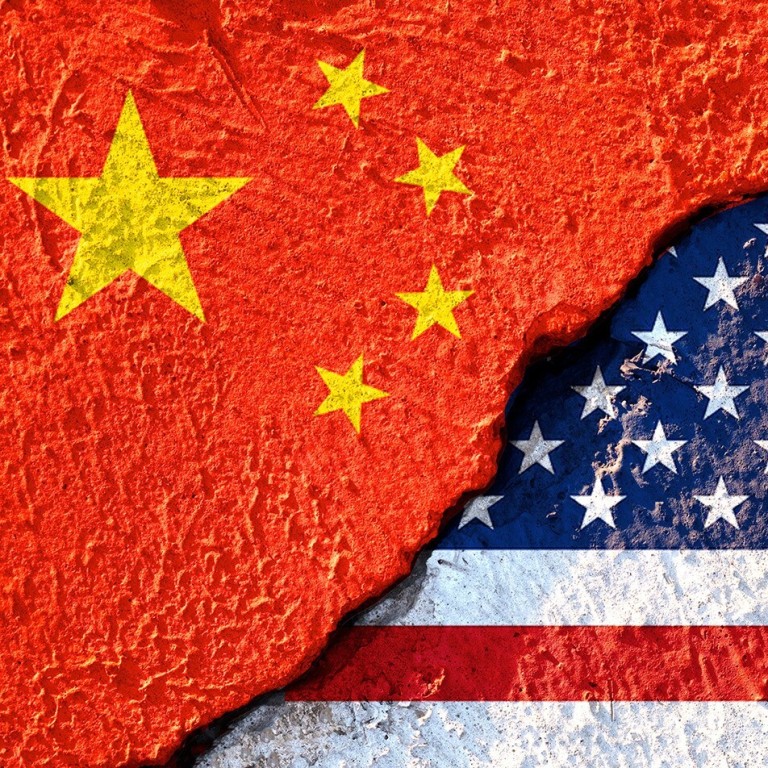
US-China trade war did not bring American firms home, research finds
- Foreign investment into China hit a record US$144.4 billion in 2020, while firms exiting China did not leave because of tariffs, US researchers say
- Decoupling has been ‘greater in the minds of politicians and pundits than the reality of firms in China’
In a paper published on the preprint platform SSRN this month, researchers Samantha Vortherms and Jiakun Jack Zhang argued that US tariffs on billions of dollars’ worth of Chinese products – launched in mid-2018 to bring US companies home – hurt the US economy and did not successfully pressure China to change its economic policies.
Vortherms, from the University of California in Irvine, and Zhang, from the University of Kansas, said 46 per cent more US-funded subsidiaries in China closed in 2018 compared with the year before, but less than 1 per cent of that rise was caused by US tariffs.
“Our findings show that US and allied firms were not more likely to exit China, suggesting that foreign direct investment outflows do not ‘follow the flag’.
“Instead, firm exit is determined by the balance of heightened political risks against the availability of firm-level and institutional resources to mitigate these risks.”
US-China phase one trade deal largely a ‘failure’, new study suggests
Despite that, US businesses had not lobbied against their government’s tariffs as Beijing had hoped, the research found. Out of 500 large US multinationals with subsidiaries in China, 63 per cent were adversely affected by the trade war, yet only 22 per cent voiced opposition and 7 per cent decided to leave China.
“Our results also show that the degree of decoupling, measured by foreign direct investment, has been greater in the minds of politicians and pundits than the reality of firms in China,” they wrote. “We find little evidence that US [multinationals] are playing their part in the great power rivalry by patriotically abandoning China.”
The collateral damage was borne more by smaller businesses and those newer to China, just as small businesses in the US were hurt by higher tariffs on raw materials imported from China.
Vortherms and Zhang said their findings went against US Trade Representative Katherine Tai’s assertion that tariffs would provide leverage against China, with multinationals still willing to navigate the uncertainties and risks.
Tariffs had affected operations in China for 78 per cent of respondents, with the number reporting no impact having halved since late 2020.

